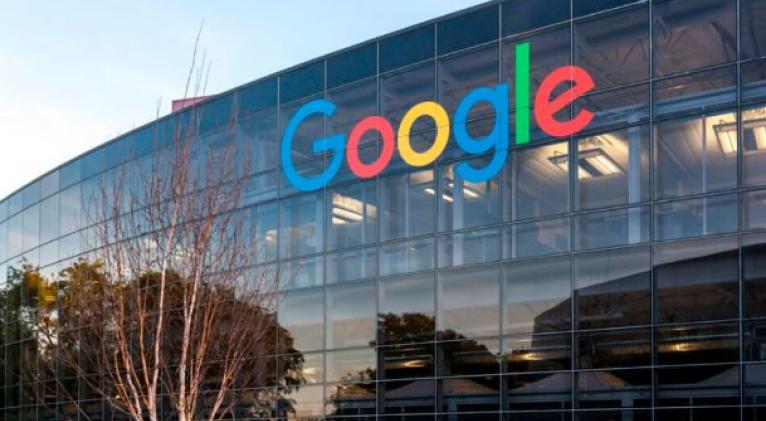
U.S., 10 Sept. - Google has been facing its second major trial since Monday in less than a year, accused by the U.S. government of dominating the online advertising market and drowning competition.
This process is in federal court in Virginia, near Washington, and follows another of similar characteristics but focused on the online search market, which ended last month with a verdict that determined that Google exercises an illegal monopoly in this area.
This new court battle, also initiated by the Justice Department, focuses on Google's advertising technology, the system by which it determines what ads people see in their search engine and what cost the advertiser pays.
The government accuses the company of controlling the market in particular for advertising "banners" on websites, including those of several media outlets.
"This technology may be modern, but Google's (Google's) practices are as old as monopolies," said Julia Tarver Wood, a Justice Department lawyer at the start of the trial.
In its presentation, it said Google uses its financial capacity to buy potential rivals and hoard market, without leaving advertisers and publishers any choice but their technology.
Through acquisitions, "Google used its monopoly to create a series of advertising tools (online) that are necessary to keep the internet alive," it added. "The (content) editors were understandably furious and the evidence will show they couldn't do anything," it said.
The government wants Google to cede some of its activities in the field of advertising technology.
Google's lawyer Karen Dunn denounced a misinterpretation of the law by the authorities, which aims to choose "winners and losers" in the online advertising marketplace.
It argued that a decision against his client would benefit other heavyweights such as Microsoft, Meta or Amazon, whose market parts grow while Google's "recays."
The first witness in the government was Tim Wolfe, executive of Gannet, a US Today publishing company and hundreds of local news providers in the United States.
Wolfe told the court his company had "no choice" but to use Google as its technology offered access to advertisers that other providers could not provide.
The trial should last about six weeks and will see dozens of witnesses parade in Justice Leonie Brinkema's court.
If found guilty, a second phase of this process will have to determine how Google should proceed on the basis of the judge's decision.
Similar research on Google's dominance in online advertising is being developed in the European Union and Britain.
Analysts at Wedbush Securities estimate that the economic impact of the case will be limited to Google regardless of the outcome. The activity the firm could lose represents less than 1% of its revenue.
Meanwhile, the consulting firm Emarketer puts at 28% the share of the world market that Google controls in digital advertising, ahead of Meta (Facebook, Instagram) with 23%, Amazon with 9% and TikTok, owned by the Chinese ByteDance, with 7%. (Text and Photo: Cubasí)